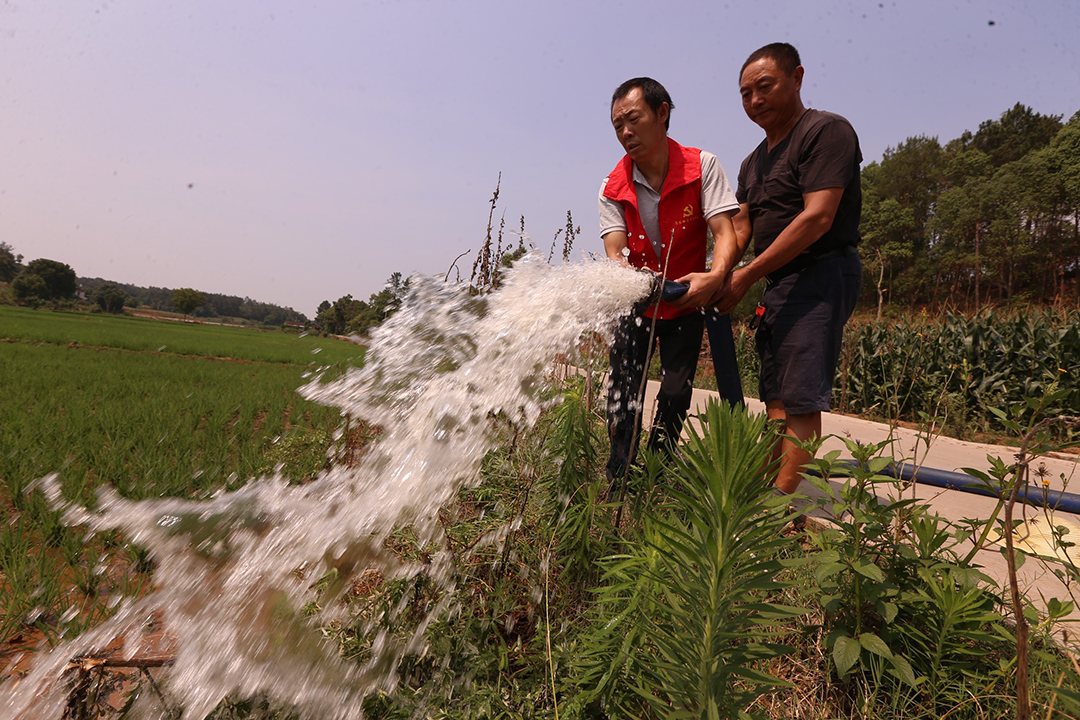 El Niño-Induced Heatwave Has Not Widely Damaged China Grain Crops, Experts Say
El Niño-Induced Heatwave Has Not Widely Damaged China Grain Crops, Experts Say(Yicai Global) July 11 -- The El Niño weather pattern has led to persistent high temperatures and droughts in many parts of China recently, but experts say the heatwave has not yet caused widespread damage to grain crops in the main production areas.
High temperatures in the country’s north will accelerate soil moisture loss, which may inhibit the growth of summer maize stems and leaves, causing some cotton buds in the blooming stage to drop, Zhang Zhixian, deputy director at the Yida Research Institute of China Grain, told Yicai Global.
And high temperatures and sunny weather in southern areas will lead to early maturity of some early rice, reducing yields, but a large amount of rain is expected to fall in north China and the Yellow River and Huai River region over the next 10 days, which will replenish and improve soil moisture, and benefit crop growth, he noted.
Sweltering heat has continued in north China and the Yellow River and Huai River region since June. In the short term, the recent El Niño effect will mainly hit China’s planting industry, disrupt the supply of related agricultural produce, stimulate demand for high-quality seeds, and affect the import of related important produce, Citic Securities pointed out.
The El Niño phenomenon has led to frequent record-high temperatures in many parts of the world, affecting global crop growth and farm product prices.
The European Union, India, Russia, and some other countries recently lowered their wheat production expectations for this year, according to Zheng Wenhui, a researcher at the Guangdong South China Grain Trading Center.
Thailand and Vietnam have also said that the dry weather will impact rice production, and Asian rice export prices have soared to a new high in recent years, he added.
El Niño’s impact on global grain production is not stable, as it may cause droughts or floods resulting in lower yields and may also promote bumper harvests, Yida’s Zhang said. So one can only strengthen monitoring and take early measures to reduce risks in the event of unfavorable weather.
Editor: Peter Thomas